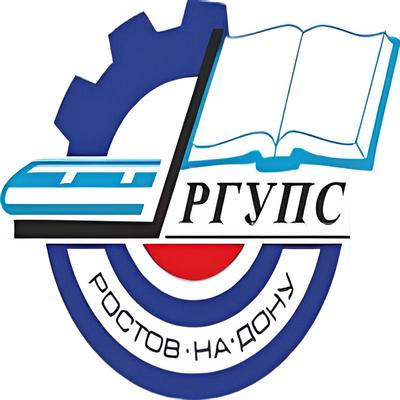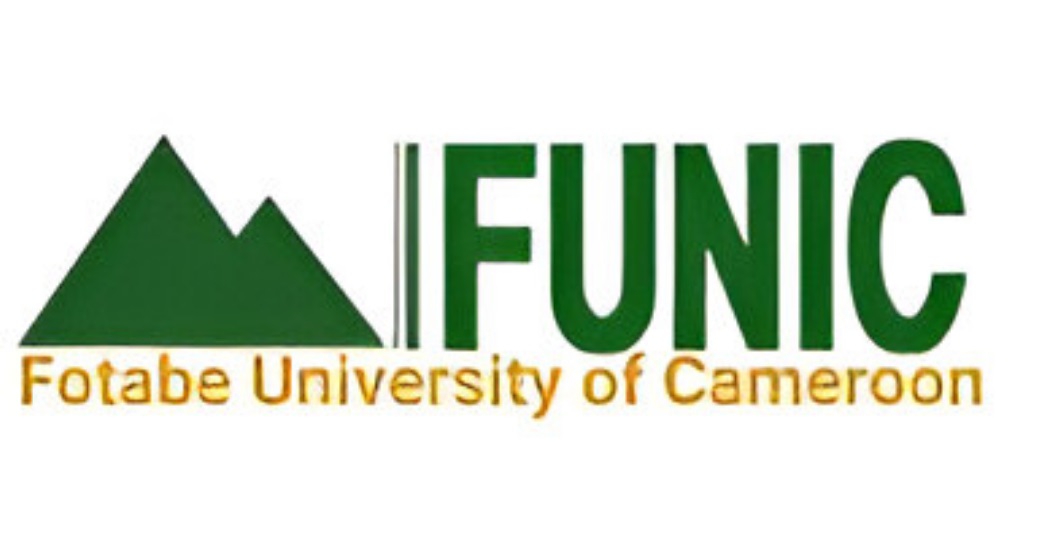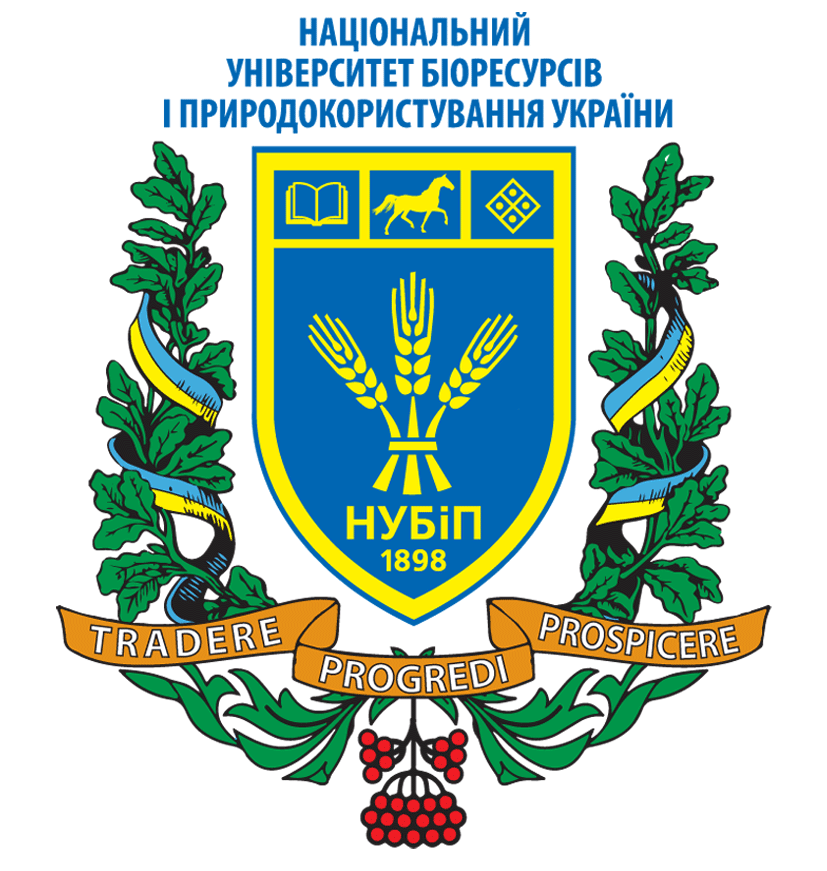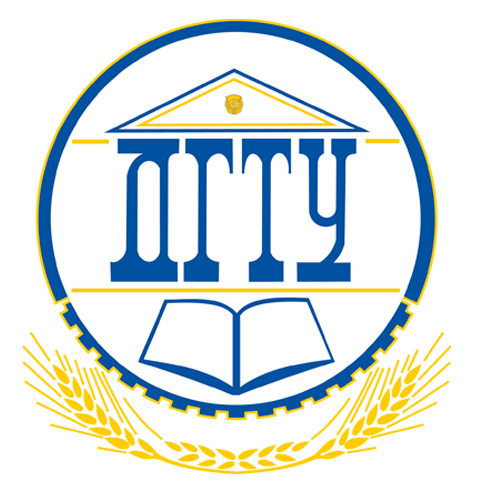Moderating role of employee commitment on the relationship between talent management practices and employee performance in public universities in Western Uganda
DOI :
https://doi.org/10.51867/AQSSR.2.4.39Mots-clés :
Employee Commitment, Employees Performance, Public Universities, Talent Management PracticesRésumé
The study sought to examine the moderating effect of employee commitment on the relationship between talent management practices and employee performance in public universities in Western Uganda. The study was guided by the Egalitarian Theory of Talent Management, and a cross-sectional research design was adopted in the study. From a population of 1156, a sample size of 320 respondents was obtained in two phases: first, a census was used for the human resource directors and top management since the population was small (12 respondents); then secondly, the Yamane formula was used to calculate the sample size for the university council members and teaching and administrative staff, which yielded a sample of 308 respondents. The purposive sampling technique was used to select the human resource directors and top management, while simple random sampling was used for the council members and teaching and administrative staff. Using structured questionnaires, quantitative data was then collected from the 320 respondents of the two selected public universities (Mbarara University of Science and Technology and Kabale University). Data was then analyzed using structural modeling techniques. The findings revealed that the moderating effect of employee commitment on the relationship between talent management practices and employee performance was not statistically significant for either administrative or academic staff in Ugandan public universities. Specifically, for administrative staff, the interaction effect was not significant (z = -0.268, p = 0.789), although the direct effect of talent management on performance was statistically significant (β = 0.348, z = 2.161, p = 0.031), and the total effect remained strong (β = 0.314, z = 3.684, p < 0.001). This suggests that talent management practices such as attraction, development, retention, and motivation directly improved administrative staff performance, regardless of commitment levels. The study recommended that universities should focus on strengthening talent management initiatives directly, and while fostering employee commitment is important, efforts should prioritize implementing effective attraction, development, motivation, and retention strategies that independently drive performance improvements.
Références
Abdul-Kareem, A. (2016). Best practices for talent management: Critical drivers for organizational success and survival. European Journal of Business and Management, 8(25), 98-105.
Ahmed, I., Sultana, I., Paul, S. K., & Azeem, A. (2013). Employee performance evaluation: A fuzzy approach. International Journal of Productivity and Performance Management, 62(7), 718-734.
https://doi.org/10.1108/IJPPM-01-2013-0013 DOI: https://doi.org/10.1108/IJPPM-01-2013-0013
Al Hakim, G., Bastian, B. L., Ng, P. Y., & Wood, B. P. (2022). Women's empowerment as an outcome of NGO projects: Is the current approach sustainable? Administrative Sciences, 12(2), 62-77. https://doi.org/10.3390/admsci12020062 DOI: https://doi.org/10.3390/admsci12020062
Almeida, M. D. G. M. C., & Coelho, A. F. M. (2019). The antecedents of corporate reputation and image and their impacts on employee commitment and performance: The moderating role of corporate social responsibility. Corporate Reputation Review, 2(2), 10-25. https://doi.org/10.1057/s41299-018-0053-8 DOI: https://doi.org/10.1057/s41299-018-0053-8
Armstrong, G., & Kotler, P. (2003). Marketing: An introduction. Pearson Educación.
Armstrong, M. (2014). Armstrong's handbook of human resource management practice (13th ed.). Kogan Page.
Armstrong, S., & Mitchell, B. (2019). The essential HR handbook: A quick and handy resource for any manager or HR professional. Red Wheel/Weiser Publishers.
Babynina, L. S., Kartashova, L. V., & Pilipenko, P. P. (2021). Theoretical investigation in talent management. In Digital economy and the new labor market: Jobs, competences and innovative HR technologies (Vol. 161, pp. 404-411). Springer Nature. https://doi.org/10.1007/978-3-030-60926-9_52 DOI: https://doi.org/10.1007/978-3-030-60926-9_52
Chahal, H., & Kumari, A. (2013). Examining talent management using CG as proxy measure: A case study of State Bank of India. Corporate Governance: The International Journal of Business in Society, 13(2), 198-207. https://doi.org/10.1108/14720701311316670 DOI: https://doi.org/10.1108/14720701311316670
Chams, N., & García-Blandón, J. (2019). On the importance of sustainable human resource management for the adoption of sustainable development goals. Resources, Conservation and Recycling, 1(41), 109-122. https://doi.org/10.1016/j.resconrec.2018.10.006 DOI: https://doi.org/10.1016/j.resconrec.2018.10.006
Chien, G. C. L., Mao, I., Nergui, E., & Chang, W. (2020). The effect of work motivation on employee performance: Empirical evidence from 4-star hotels in Mongolia. Journal of Human Resources in Hospitality & Tourism, 19(4), 473-495.
https://doi.org/10.1080/15332845.2020.1763766 DOI: https://doi.org/10.1080/15332845.2020.1763766
Cohen, A. (2018). Multiple commitments in the workplace: An integrative approach (2nd ed.). Routledge.
Ezeanyim, E. E., & Theresas, E. (2019a). The impact of job satisfaction on employee performance in selected public enterprise in Awka, Anambra State. Global Journal of Management and Business Research, 19(A7), 41-50.
Ezeanyim, E. E., & Theresas, E. (2019b). The impact of job satisfaction on employee performance in selected public enterprise in Awka, Anambra State. Global Journal of Management and Business Research, 19(A7), 41-50.
Gul, Z. (2015). Impact of employee commitment on organizational development. FWU Journal of Social Sciences, 9(2), 117-124.
Handfield-Jones, H., Michaels, E., & Axelrod, B. (2001). Talent management: A critical part of every leader's job. Ivey Business Journal, 66(2), 53-74.
Hendri, N. (2019). The impact of organizational commitment on job performance. International Journal of Economics & Business Administration, 7(2), 189-206. https://doi.org/10.35808/ijeba/227 DOI: https://doi.org/10.35808/ijeba/227
Hiltrop, J. M. (1999). The quest for the best: Human resource practices to attract and retain talent. European Management Journal, 17(4), 422-430. https://doi.org/10.1016/S0263-2373(99)00022-5 DOI: https://doi.org/10.1016/S0263-2373(99)00022-5
Iles, P., Preece, D., & Chuai, X. (2010). Talent management as a management fashion in HRD: Towards a research agenda. Human Resource Development International, 13(2), 125-145.
https://doi.org/10.1080/13678861003703666 DOI: https://doi.org/10.1080/13678861003703666
Jain, S., & Ahuja, S. K. (2019). Impact of human capital management practices on employee job performance. In Proceedings of 10th International Conference on Digital Strategies for Organizational Success (January 6, 2019), Baroda University. http://dx.doi.org/10.2139/ssrn.3307706 DOI: https://doi.org/10.2139/ssrn.3307706
Jyoti, J., & Rani, R. (2014). Exploring talent management practices: Antecedents and consequences. International Journal of Management Concepts and Philosophy, 8(4), 220-248.
https://doi.org/10.1504/IJMCP.2014.066903 DOI: https://doi.org/10.1504/IJMCP.2014.066903
Karuhanga, B. N. (2015). Challenges impacting performance management implementation in public universities. African Journal of Economic and Management Studies, 6(2), 183-198. https://doi.org/10.1108/AJEMS-08-2012-0050
Kimani, S. M., & Waithaka, S. M. (2013). Factors affecting implementation of talent management in state corporations: A case study of Kenya Broadcasting Corporation. International Journal of Business and Social Research, 3(4), 42-49.
Kumar, S. (2022). The impact of talent management practices on employee turnover and retention intentions. Global Business and Organizational Excellence, 41(2), 21-34. https://doi.org/10.1002/joe.22130 DOI: https://doi.org/10.1002/joe.22130
Li, L., & Wang, X. (2010). The strategy of talent localization in multinational corporations. International Journal of Business and Management, 5(12), 216-231. https://doi.org/10.5539/ijbm.v5n12p216 DOI: https://doi.org/10.5539/ijbm.v5n12p216
Liou, K. T. (2021). Public service motivation and employee commitment in public organizations. International Journal of Public Administration, 44(10), 831-845.
https://doi.org/10.1080/01900692.2021.1875234 DOI: https://doi.org/10.1080/01900692.2021.1875234
Luna-Arocas, R., Danvila-Del Valle, I., & Lara, F. J. (2020). Talent management and organizational commitment: The partial mediating role of pay satisfaction. Employee Relations: The International Journal, 42(4), 863-881. https://doi.org/10.1108/ER-11-2019-0429 DOI: https://doi.org/10.1108/ER-11-2019-0429
Mathe, K., Scott-Halsell, S., & Roseman, M. (2017). The perceived influence of organizational culture and HRM practices on work-related outcomes of frontline employees in a service organization. International Journal of Hospitality Management, 6(2), 72-82.
Meyer, J. P., & Allen, N. J. (2004). TCM employee commitment survey academic users guide 2004. The University of Western Ontario, Department of Psychology.
Meyers, M. C., van Woerkom, M., Paauwe, J., & Dries, N. (2020). HR managers' talent philosophies: Prevalence and relationships with perceived talent management practices. The International Journal of Human Resource Management, 31(4), 562-588.
https://doi.org/10.1080/09585192.2019.1579747 DOI: https://doi.org/10.1080/09585192.2019.1579747
Mohammed, A. (2015). The impact of talent management on employee engagement, retention and value addition in achieving organizational performance. International Journal of Core Engineering & Management, 1(12), 142-152.
Mokoena, W., Schultz, C. M., & Dachapalli, L. A. P. (2022). A talent management, organisational commitment and employee turnover intention framework for a government department in South Africa. SA Journal of Human Resource Management, 20(1), 1920-1942. https://doi.org/10.4102/sajhrm.v20i0.1920 DOI: https://doi.org/10.4102/sajhrm.v20i0.1920
Nassazi, A. (2013). Effects of training on employee performance: Evidence from Uganda (PhD dissertation). Vaasan Ammattikorkeakoulu University of Applied Sciences.
O'Donovan, D. (2019). HRM in the organization: An overview. In Management Science: Foundations and Innovations (Vol. 2, No. 19, pp. 75-110). Springer Nature. https://doi.org/10.1007/978-3-030-13229-3_4 DOI: https://doi.org/10.1007/978-3-030-13229-3_4
Onyeka, F. (2025). Employee commitment in bridging the connection between talent management practices and employee performance. Abuja Journal of Business and Management, 3(1), 171-193. https://doi.org/10.70118/ajbam-01-2025-94 DOI: https://doi.org/10.70118/ajbam-01-2025-94
Otoo, F. N. K., Otoo, E. A., Abledu, G. K., & Bhardwaj, A. (2019). Impact of human resource development (HRD) practices on pharmaceutical industry's performance: The mediating role of employee performance. European Journal of Training and Development, 43(1/2), 188-210. https://doi.org/10.1108/EJTD-09-2018-0096 DOI: https://doi.org/10.1108/EJTD-09-2018-0096
Rawls, J. (1971). A theory of justice. 2. The law of peoples, Critical Inquiry, 20(1), 36-68. https://ocw.aca.ntu.edu.tw/uploads/course_item_file/file/53/111S101_CT12L01.pdf DOI: https://doi.org/10.1086/448700
https://doi.org/10.4159/9780674042605 DOI: https://doi.org/10.4159/9780674042605
Ridwan, M., Mulyani, S. R., & Ali, H. (2020). Improving employee performance through perceived organisational support, organisational commitment and organisational citizenship behaviour. Systematic Reviews in Pharmacy, 11(12), 1234-1256.
Rodriguez, J., & Walters, K. (2017). The importance of training and development in employee performance and evaluation. World Wide Journal of Multidisciplinary Research and Development, 3(10), 206-212.
Ruddy, T., & Anand, P. (2010). Managing talent in global organizations. In R. Silzer & B. E. Dowell (Eds.), Strategy-driven talent management: A leadership imperative (Vol. 4, No. 5, pp. 549-593).
Sahibzada, U. F., Jianfeng, C., Latif, K. F., Shafait, Z., & Sahibzada, H. F. (2022). Interpreting the impact of knowledge management processes on organizational performance in Chinese higher education: Mediating role of knowledge worker productivity. Studies in Higher Education, 47(4), 713-730.
https://doi.org/10.1080/03075079.2020.1793930 DOI: https://doi.org/10.1080/03075079.2020.1793930
Silzer, R., & Dowell, B. E. (2010). Strategic talent management matters. Strategy-driven talent management: A leadership imperative, 14(2), 3-72. https://doi.org/10.1037/e518422013-320 DOI: https://doi.org/10.1037/e518422013-320
Uddin, M. A., Mahmood, M., & Fan, L. (2019). Why individual employee engagement matters for team performance? Mediating effects of employee commitment and organizational citizenship behavior. Team Performance Management: An International Journal, 25(1/2), 47-68. https://doi.org/10.1108/TPM-12-2017-0078 DOI: https://doi.org/10.1108/TPM-12-2017-0078
Wuim-Pam, B. (2014). Employee core competencies for effective talent management. Human Resource Management Research, 4(3), 49-55.
Yamane, T. (1967). Sensitized photodimerization of thymine in DNA. Proceedings of the National Academy of Sciences, 58(2), 443-446. https://doi.org/10.1073/pnas.58.2.443 DOI: https://doi.org/10.1073/pnas.58.2.443
Téléchargements
Publié
Numéro
Rubrique
Licence
© African Quarterly Social Science Review 2025

Cette œuvre est sous licence Creative Commons Attribution - Pas d'Utilisation Commerciale 4.0 International.





















